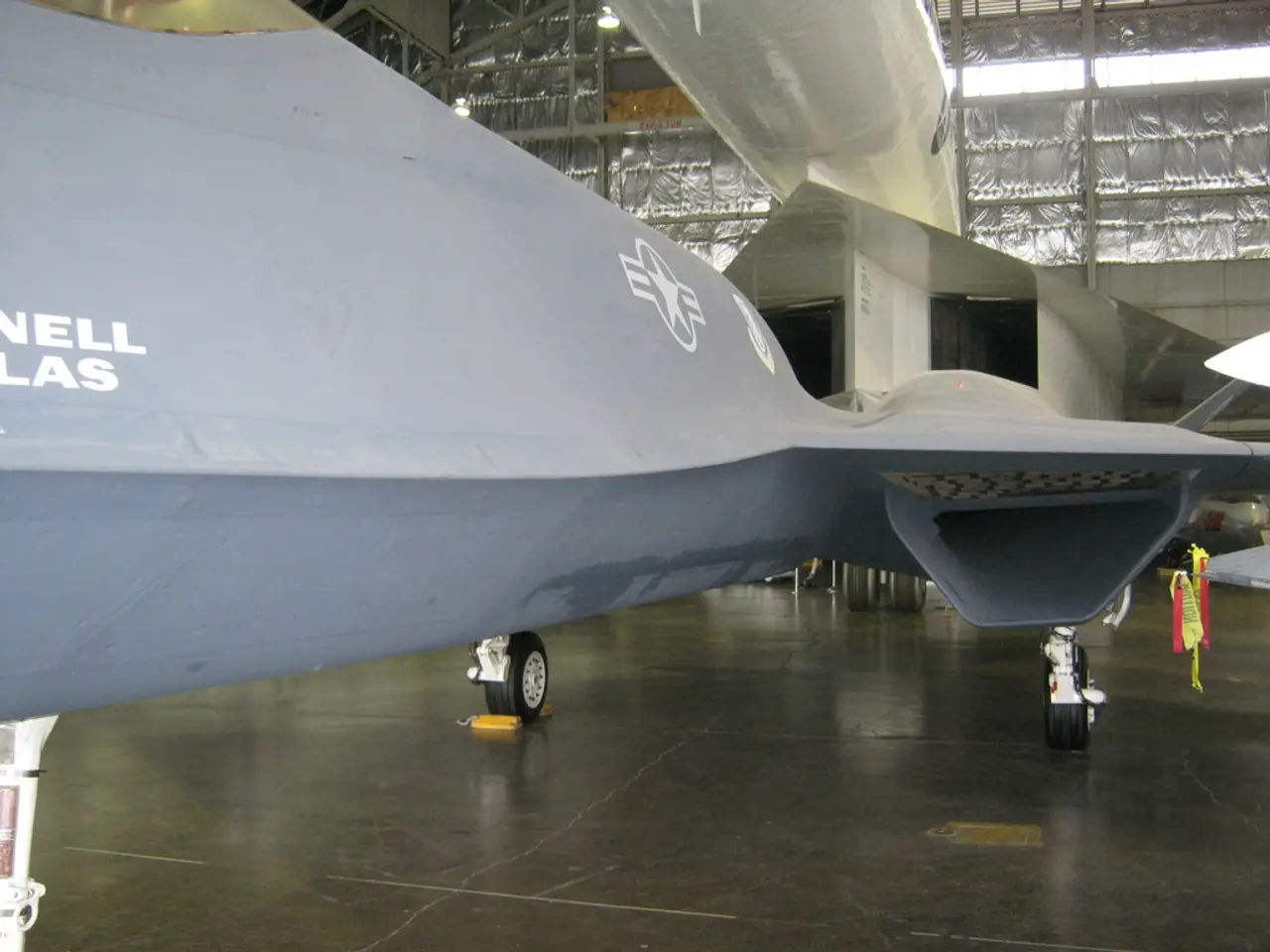Federal government plans to dismantle collaborative airline partnership between Delta and Aeromexico
The U.S. Department of Transportation (DOT) has taken a significant step in the aviation industry by threatening to dissolve the joint venture between Delta Air Lines and Aeromexico. This move is in response to alleged anti-competitive behavior linked to violations of the 2015 U.S.-Mexico Air Transport Agreement by the Mexican government.
The joint venture, which has been a cornerstone of transborder airline partnerships, is accused of stifling competition by allowing coordinated pricing, scheduling, and capacity management on U.S.-Mexico routes. The DOT argues that this collaboration harms consumers.
If the DOT's final order terminating approval of the joint venture becomes effective on October 25, the two airlines must cease coordination on pricing and revenue sharing but can maintain codesharing, marketing, and frequent flyer cooperation at arm's length.
The termination could reshape cross-border airline partnerships, increasing competition on transborder routes, in line with the U.S. government’s emphasis on competition to lower prices and improve service.
The ongoing dispute between the U.S. and Mexico is not limited to the joint venture. The DOT's action reflects frustrations with Mexico’s government policies, particularly around airport capacity management, such as relocating cargo operations from Mexico City International Airport to less developed facilities. The U.S. views these actions as breaching bilateral agreements.
The dissolution of the joint venture could impact both Aeromexico and Delta's market positions. Aeromexico faces reduced U.S. connectivity and intensified competition from Mexican low-cost carriers, while Delta’s influence in the Mexican market may be diminished due to losing antitrust privileges and potential equity complications.
The DOT's charter restrictions are a response to U.S. cargo airlines being prevented from repositioning aircraft within Mexico on non-revenue flights or making multiple stops in Mexico. Mexican airlines have been required to file schedules with the department for all their U.S. operations by July 29 and have been banned from operating large aircraft for passenger or cargo charter flights to or from the United States without prior approval.
The DOT has also issued a second order prohibiting Mexican airlines from operating large aircraft for passenger or cargo charter flights to or from the United States without prior approval. Cargo airlines were forced to switch to Felipe Angeles International Airport, a former military airfield, due to the ban on freighter operators from Mexico City's main international airport.
Despite the ongoing regulatory and political tensions, Delta will be able to retain its equity stake in Aeromexico and maintain all existing flying in the U.S-Mexico market unimpeded. The DOT's actions are aimed at restoring competitive balance on U.S.-Mexico air routes and could lead to lasting changes in North American commercial aviation partnerships and market dynamics.
In a separate development, Alaska Airlines has announced a new route to Monterrey, Nuevo León, marking a positive move in the ever-evolving aviation industry.
- In the context of the U.S. Department of Transportation's (DOT) actions, education and self-development are essential for airline executives to understand the nuances of bilateral agreements, airport capacity management, and regulatory compliance, to maintain successful transborder partnerships.
- As the aviation industry continues to evolve with changes in partnerships and market dynamics due to DOT's actions, ongoing self-development in policies and competitive strategies will be crucial for airlines like Alaska Airlines, as they expand their networks to new destinations such as Monterrey, Nuevo León.




